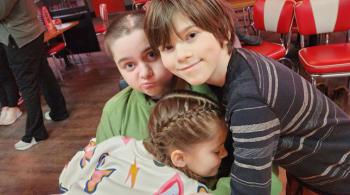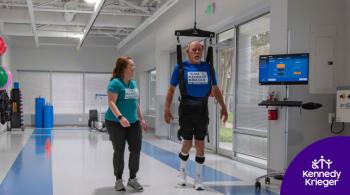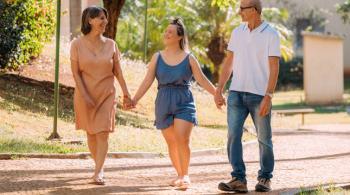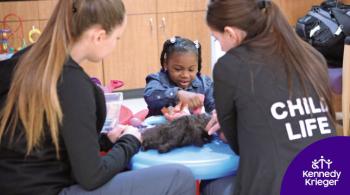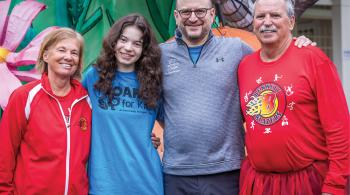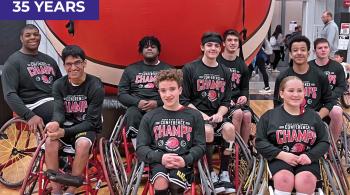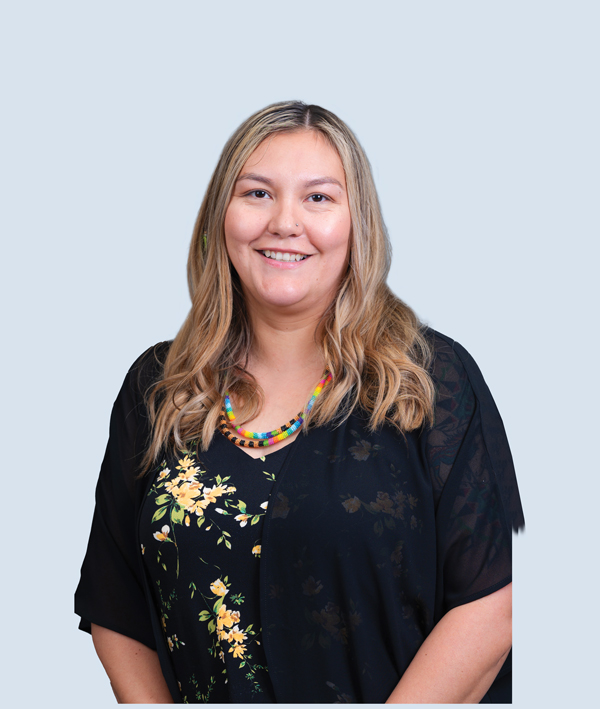
Trista Main
After nine years of working as a dental assistant in the Fort Belknap Indian Community near Harlem, Montana, Trista Main embarked on a new career as a nurse.
Her motivation was the disparity in healthcare she sees in this rural community. A patient needing an X-ray or a CT scan, for example, must travel for 45 minutes. The nearest cardiologist is two hours away.
“Not having access to transportation to be able to come into the clinic and not having enough providers are some of the most common disparities here,” says Main, a member of the Nakoda Tribe and Medicine Bear Clan. “I want to help with that. I want to bridge the gap and be a familiar face in the community.”
Main enrolled in a two-year nursing program, Grow Our Own, at Aaniiih Nakoda College, also in Harlem, where she learned about MCHC/RISE-UP—the Maternal Child Health Careers/Research Initiatives for Student Enhancement-Undergraduate Program.
MCHC/RISE-UP seeks to reduce health disparities by providing training and leadership opportunities to diverse undergraduate students and recent graduates. The nine-to-10-week summer internship brings together healthcare experts from across the country—from Kennedy Krieger Institute; Johns Hopkins Medical Institutions; University of California, Davis; historically Black colleges and universities like Howard and Morgan State universities; University of South Dakota; and Native American healthcare providers.
I want to bridge the gap.” – Trista Main
At Kennedy Krieger, the national program is part of the Center for Diversity in Public Health Leadership Training and directed by Dr. Harolyn M.E. Belcher, the Institute’s vice president. It is one of two undergraduate programs at the Institute aimed at reducing health disparities. There are two graduate fellowships in this vein as well.
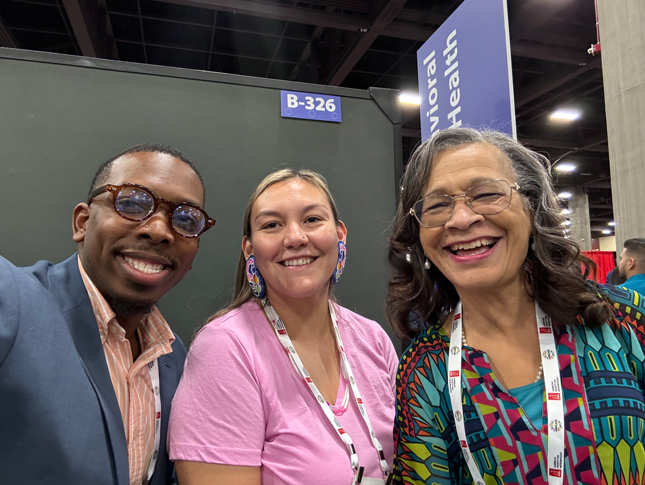
MCHC/RISE-UP scholars at Kennedy Krieger in the summer of 2023
“What each student is doing is such important work, and in the big university environment, students don’t always have the opportunity to have one-on-one mentoring like we provide,” Dr. Belcher says. “For all these reasons, RISE-UP really helps students envision what they can do.”
After a weeklong orientation in Baltimore last summer, Main returned to Montana. For the next nine weeks, she assisted Aaniiih Nakoda nursing instructors, worked in a lab and participated in youth suicide prevention efforts. She also received an award from the program to present her research at the Annual Biomedical Research Conference for Minoritized Scientists. This school year, she will finish her degree and study for her nursing certification.








